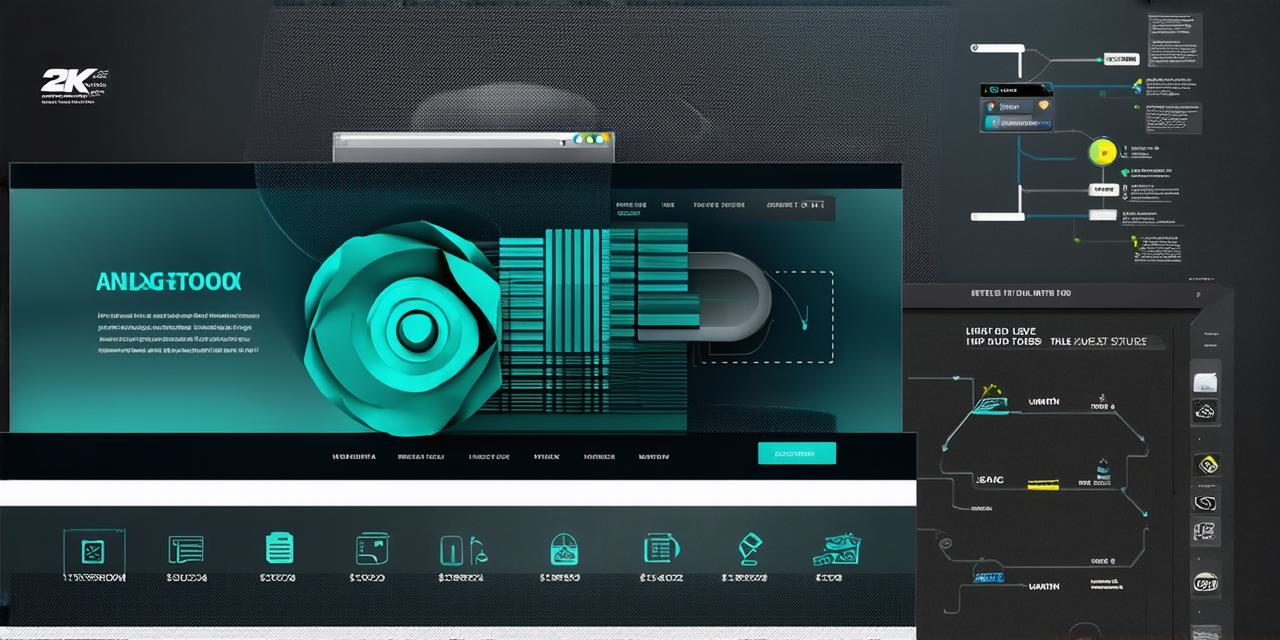In the vast digital landscape, every detail matters. One such crucial detail is the humble meta title tag – a silent hero in web development that significantly impacts search engine rankings and user engagement. Let’s delve into its purpose, importance, and best practices.
What Exactly is a Meta Title Tag?
Imagine a book’s title in a library catalog – that’s essentially what a meta title tag does for your webpage. It’s an HTML element that provides a concise and compelling summary of the page’s content, displayed on search engine results pages (SERPs).
The Role of Meta Titles in SEO
Meta titles are like beacons guiding search engines to understand the context and relevance of your webpage. They help search engines match queries with appropriate content, thereby improving visibility and click-through rates.
Case Study: The Power of a Well-Crafted Meta Title
Consider a website selling organic produce. A meta title like “Organic Produce: Fresh, Healthy, Delivered” is more likely to attract clicks than a generic one like “Homepage.” This title clearly communicates the site’s unique selling proposition, increasing its chances of appearing in relevant searches and enticing potential customers.
Best Practices for Crafting Effective Meta Titles
-
Keep it Short: Aim for 50-60 characters to ensure your title isn’t truncated in SERPs.
-
Be Descriptive: Clearly communicate the page’s content and purpose.
-
Include Keywords: Strategically place relevant keywords to improve search engine visibility.
-
Make it Unique: Each page should have a unique meta title to avoid confusion and improve relevance.
The Impact of Meta Titles on User Engagement
Beyond SEO, meta titles play a significant role in user engagement. They are often the first impression users get of your webpage, so making them engaging and informative is crucial. A well-crafted title can entice users to click through to your site, increasing traffic and potential conversions.
Expert Opinion: The Importance of Meta Titles
“Meta titles are a critical component of on-page SEO,” says John Mueller, Webmaster Trends Analyst at Google. “They help search engines understand the content of your page, which in turn impacts its visibility and relevance.”
In Conclusion
The meta title tag may be small, but its impact is mighty. By understanding its purpose and implementing best practices, you can significantly improve your webpage’s visibility, engagement, and ultimately, success. So, don’t underestimate the power of a well-crafted meta title – it could be the key to unlocking your site’s potential.

FAQs
1. What is the ideal length for a meta title? Aim for 50-60 characters to ensure it isn’t truncated in SERPs.
2. Should I use the same meta title for all my webpages? No, each page should have a unique meta title to avoid confusion and improve relevance.
3. Do meta titles affect search engine rankings directly? While they don’t directly impact rankings, they help search engines understand the content of your page, which in turn impacts visibility and relevance.
